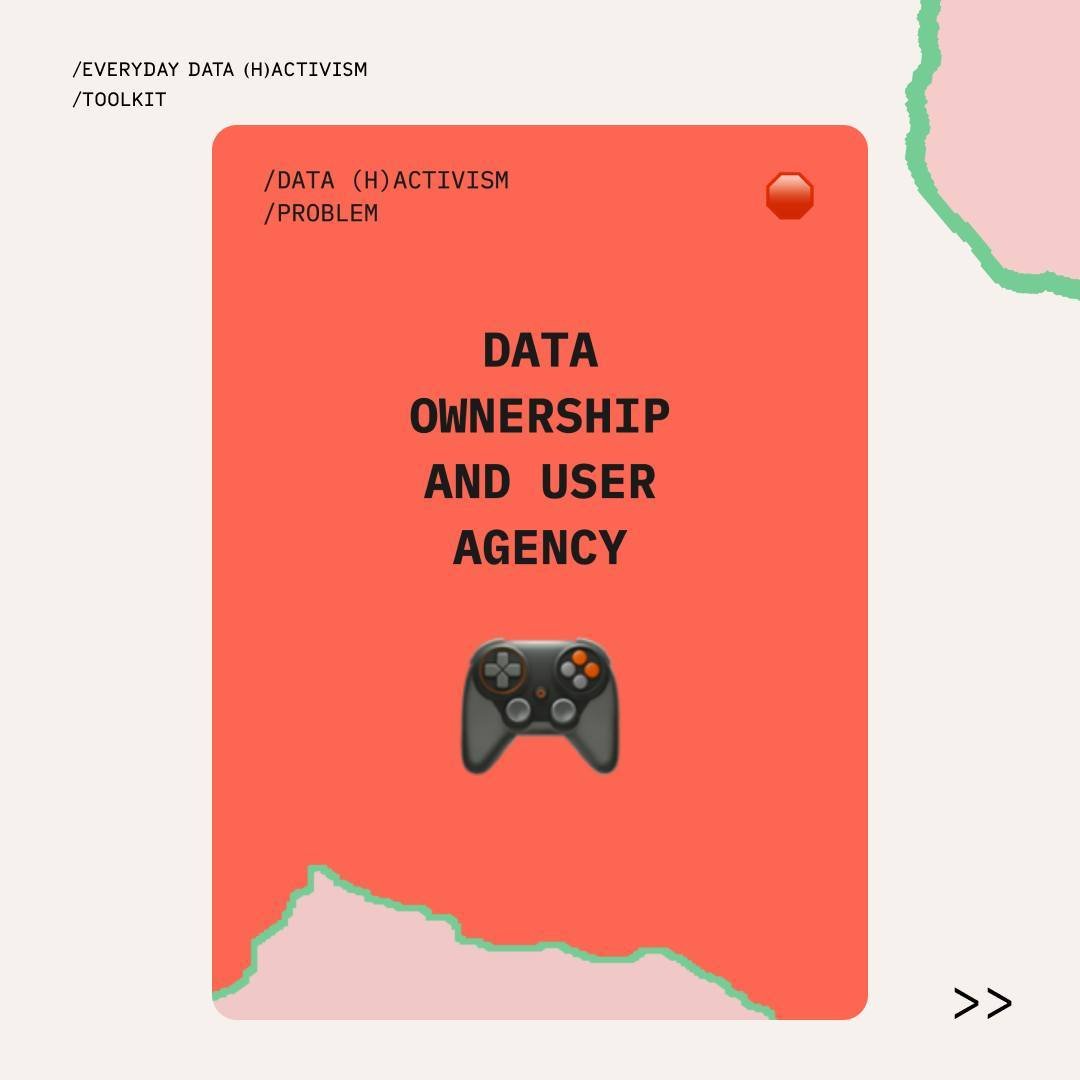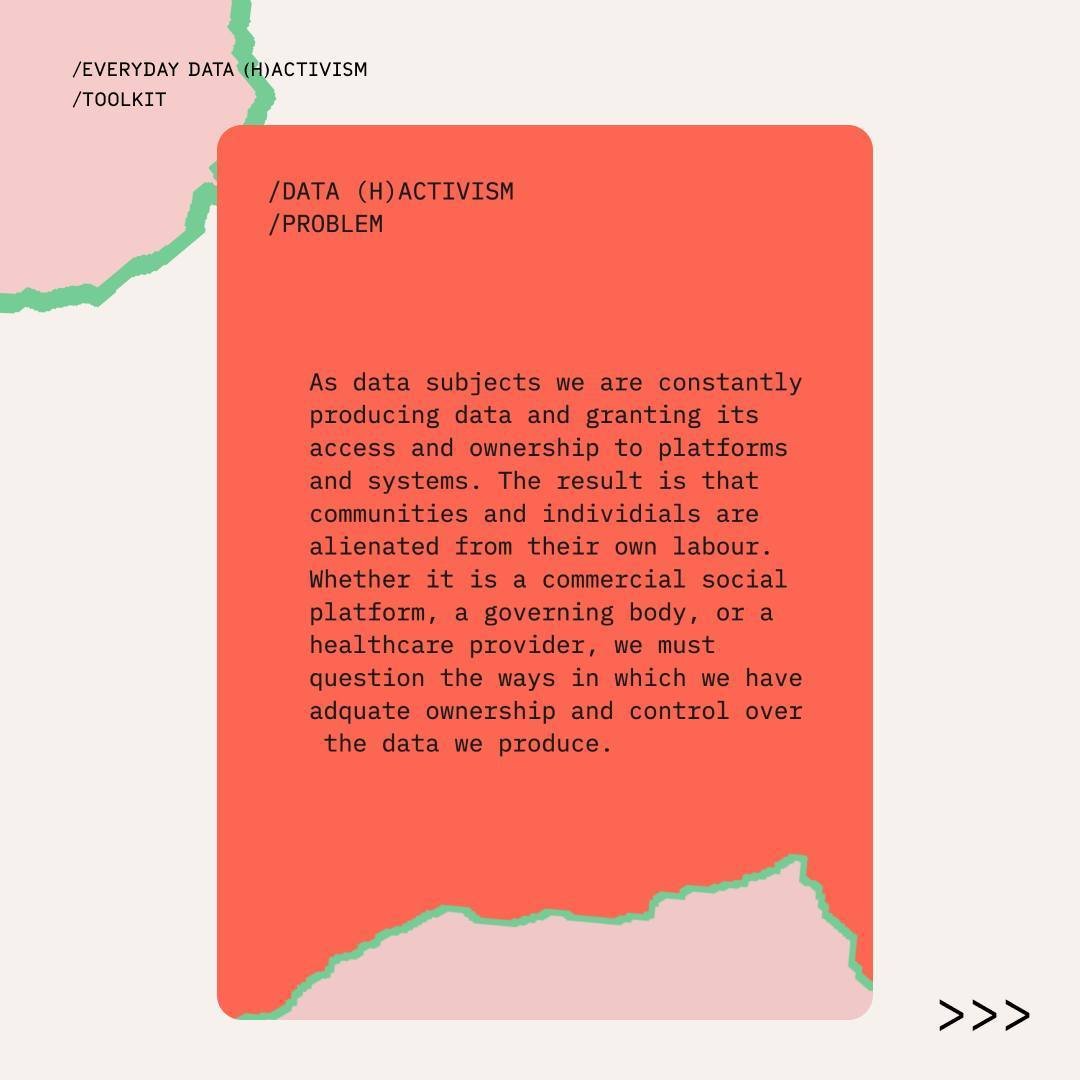BECOMING DECOLONIAL WORLDBUILDERS: ON THE NEED FOR JOYFUL RESISTANCE
-by Abdelrahman Hassan
In light of the proliferation of AI technology and its far-reaching impact, we find ourselves amidst new paradigms of power. The current AI boom is the result of a monumental convergence of three forces: the deluge of data being produced and collected, the accessibility of vast computing power, and the prevalence of powerful statistical models driving AI systems. This combination has birthed an omnipresent machinery that predicts, manipulates, and molds human behavior, leading to what Buyong Chul Han highlights in his book, "Psychopolitics: Neoliberalism and New Technologies of Power," as a new kind of panopticon—where unbounded freedom and communication give way to total control and surveillance.[1] We are now living in the age of big data, where streams of data, often dubiously obtained from individuals and communities, are turned into insights, decision points, and even generated content. However, beyond its pervasive nature, big data presents a host of alarming issues.[2] From inherent biases encoded within input datasets to the colossal carbon footprints of training large models, the alienation of human labor, and the erosion of human agency and well-being amid hyperconnectivity, these problems demand our attention. It is against this backdrop that we must forge a new form of activism, empowering individuals and communities to reclaim agency in the face of pervasive AI realities.
Redefining Data Activism: Transforming Our Digital Landscape
Data activism has traditionally revolved around two notions: data protection and data liberation. While protecting personal data from predatory entities and liberating communal data for public benefit remain important, the ever-evolving technological landscape necessitates a paradigm shift in our notion of "active" engagement. Algorithmic harm often disproportionately affects marginalized groups, perpetuates power imbalances, and amplifies the interests of normative majorities, employers, and states at the expense of others. To address this imbalance, we must become agents of balance ourselves. The first step in this balancing act is to harness our imagination—a call to envision a technological paradigm that transcends the toxic solutionism of Silicon Valley and the pessimistic cyber-punk-like narratives surrounding technology. While acknowledging that technology alone cannot save us, we can recognize its potential as a tool for liberation, decoloniality, and intersectionality.
Igniting Joyful Resistance: A Brief Architecture of Change
In the realm between toxic positivity and toxic negativity lies a transformative space—a zone of joyful resistance. Here, activists become both consumers and producers of data. They cease to be extractive colonialists and, instead, assume the roles of world builders and communal gardeners. Within this space, we break free from the closed loops of violence perpetuated by extractivist systems. We collectively recognize technology's emancipatory potential, which can only be unlocked by approaching it with different principles. One principle is that bigger doesn't always equate to better. By situating knowledge, we not only serve the subjects of these systems more effectively but also uplift indigenous and alternate epistemologies. Another is that solutions shouldn't come before problems. To create balancing technology, we must first allow ourselves to understand the world from lenses beyond our fields of vision and allow our world models to be updated with lived experiences and alternate ways of knowing. Instead of creating technologies that constantly reproduce our world and amplify its oppressive states, we should seek the creation of newer states. Despite the wealth of digital information, we must still question if we simply know enough to intervene.[3] Such axiomatic shifts, combined with community-centered thinking, as well as a playful, participatory, technical know-how, become the pillars of Joyful resistance.
Empowering Action: Introducing the Everyday Data (H)activism Toolkit
In collaboration with AixDesign, I have curated the Everyday Data (H)activism Toolkit—a transformative resource that unveils the power dynamics of AI and inspires action. This toolkit serves as a catalyst for critical literacy and collective mobilization. It comprises three integral components. Firstly, it sheds light on the problematics of AI from an informed perspective on power dynamics. Secondly, it showcases practical solutions and methodologies for intervention. Lastly, it provokes us with open-ended questions, urging us to rethink our algorithmic practices critically. The toolkit's development involved workshops with designers, activists, researchers, and practitioners, and it continues to grow with contributions from external collaborators. It serves as an invitation—a dynamic space where we collectively archive, share, and cross-pollinate ideas on engaging in joyful resistance.
Let us embrace the power of critical literacy and take meaningful action to shape a future where AI serves as a force for justice and empowerment. By unveiling the power dynamics at play, cultivating a critical understanding, and harnessing the potential of joyful resistance, we can navigate the complexities of the AI landscape and drive positive change. The Everyday Data (H)activism Toolkit stands as a testament to our commitment—a practical resource that empowers us to reclaim agency and transform our digital future. Together, let us unveil the power of AI, cultivate critical literacy, and inspire action for a more just and equitable world.
Abdelrahman (Abdo) Hassan is a creative technologist, AI strategist, Digital Anthropologist, and Poet based in Amsterdam. Currently working as a Digital Ethicist and Responsible AI Specialist at IKEA, he lives at the intersection of software, critical theory, data, and poetry. He has led many initiatives across industry, academia culture, and civil society to help build power-sensitive critical literacy of technological progress. In his latest project Everyday Data (H)activism, he explores the idea of joyful resistance through a community-led practice.
References
[1] https://www.goodreads.com/book/show/37133029-psychopolitics
[2] https://incidentdatabase.ai/ - AI incident Database
[3] https://mimionuoha.com/the-library-of-missing-datasets




